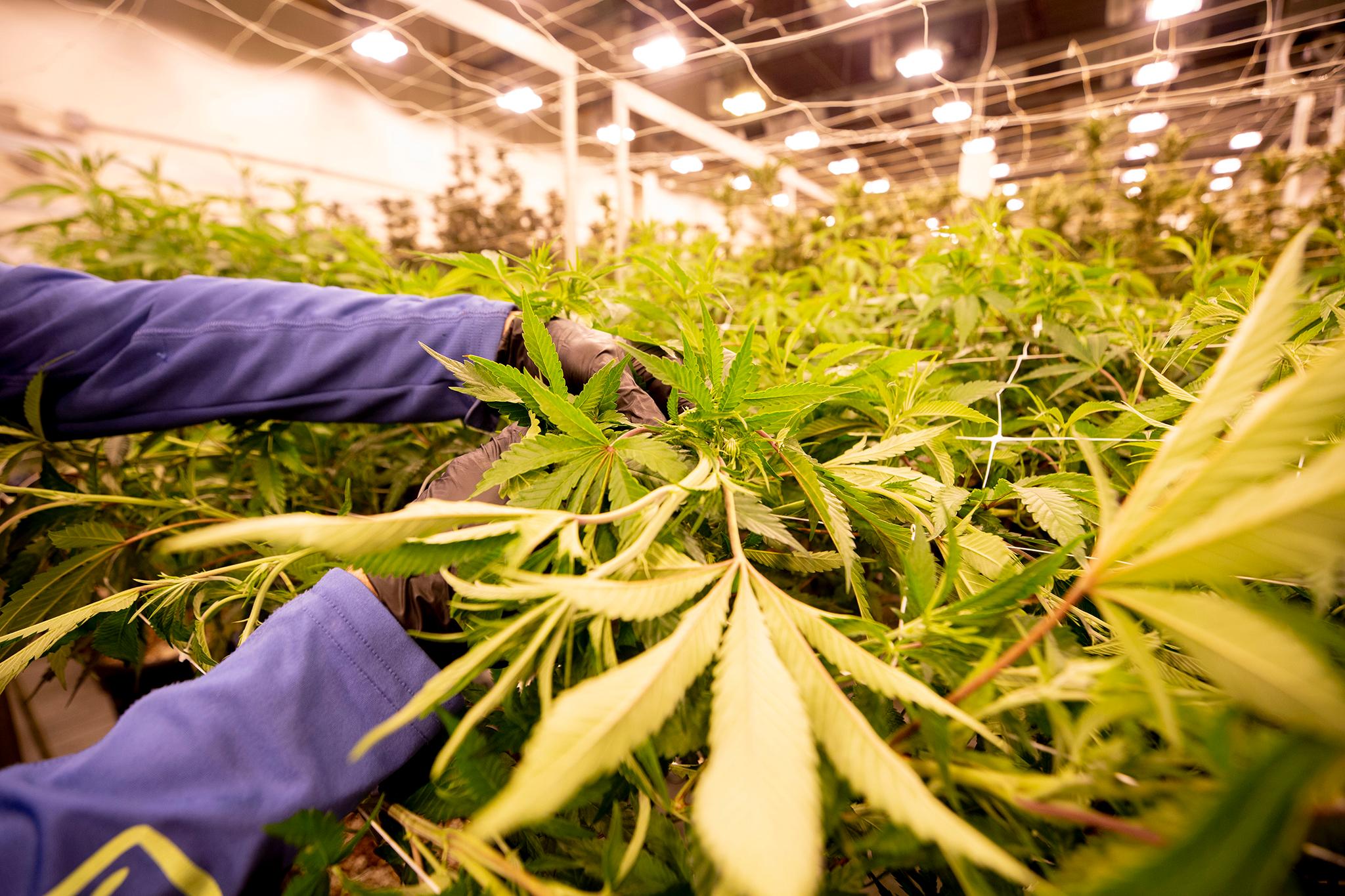Denver City Council on Monday passed the most significant changes to the city's marijuana laws since recreational sales started more than seven years ago, ushering in a new era that will include weed delivery, access to smoking in some previously banned areas and eliminating some caps on dispensary and cultivation locations.
Council members unanimously and without discussion approved the new rules for the multimillion dollar industry.
The overhaul will:
- Create a marijuana delivery license; marijuana delivery has long been banned in Denver.
- Create a marijuana hospitality license letting people smoke at licensed locations. The city will offer two kinds of "hospitality" licenses: one that would allow smoking inside certain space and another that would allow smoking and weed sales.
- Eliminate the cap on retail and cultivation sites, i.e. dispensaries and grows. The city will accept applications for new locations for the first time since 2016, when City Council set a cap on them. Those locations, however, are limited to just about 10 percent of the city because of other rules that regulate how close dispensaries can be to schools, for example. Finding new locations for these businesses is a top concern for some people in the marijuana industry.
- Give exclusive access to so-called social equity applicants for new dispensary and grow locations and delivery, hospitality, manufacturing and transporter licenses for the next six years. Social equity applicants include people who has been arrested, convicted or were subject to a civil asset forfeiture connected to a marijuana offense; people who lives in low-income or distressed communities; and people whose income falls below a threshold set by the state's Marijuana Enforcement Division.
- Make walk-up and drive-thru services at dispensaries permanent. Those options were added as a safety measure during the pandemic.
The city has been meeting with people in the industry for two years to get feedback on the new rules, which arrived to council after lengthy discussions by lawmakers last month.
Department of Excise and Licenses Executive Director Ashley Kilroy, whose department oversees the city's retail marijuana industry, said in a statement the changes are the first step in overhauling Denver's marijuana rules.
"We appreciate the City Council demonstrating their commitment to social equity and modernizing Denver's cannabis rules and regulations with their passage of this historic legislation," Kilroy said. "Now the even harder work begins as we dedicate our efforts to getting the licenses ready for applicants and begin the outreach necessary to create more equitable access to Denver's nearly billion dollar cannabis industry."
Truman Bradley, executive director of the Marijuana Industry Group, said the statewide trade association supports the changes. MIG members were part of the discussions that led to the new rules.
"We are excited to welcome new players into the industry," Bradley said. "I am hopeful that at the end of the social equity exclusivity period, that we'll have more business owners of color in the Colorado cannabis industry."
A study released by the city last year showed marijuana business owners in Denver are largely white. Denver will join major cities like Oakland and Los Angeles in creating programs aimed at getting more underrepresented business owners into the industry. Lawmakers in Washington state are currently considering expanding that state's equity program, which has similar goals.
Mayor Michael Hancock may sign the bills into law as soon as Tuesday, a day that happens to be important to people who are really into weed. Licensing department spokesperson Eric Escudero said the agency expects to have delivery license applications available by the summer and hospitality licenses applications available this fall.













